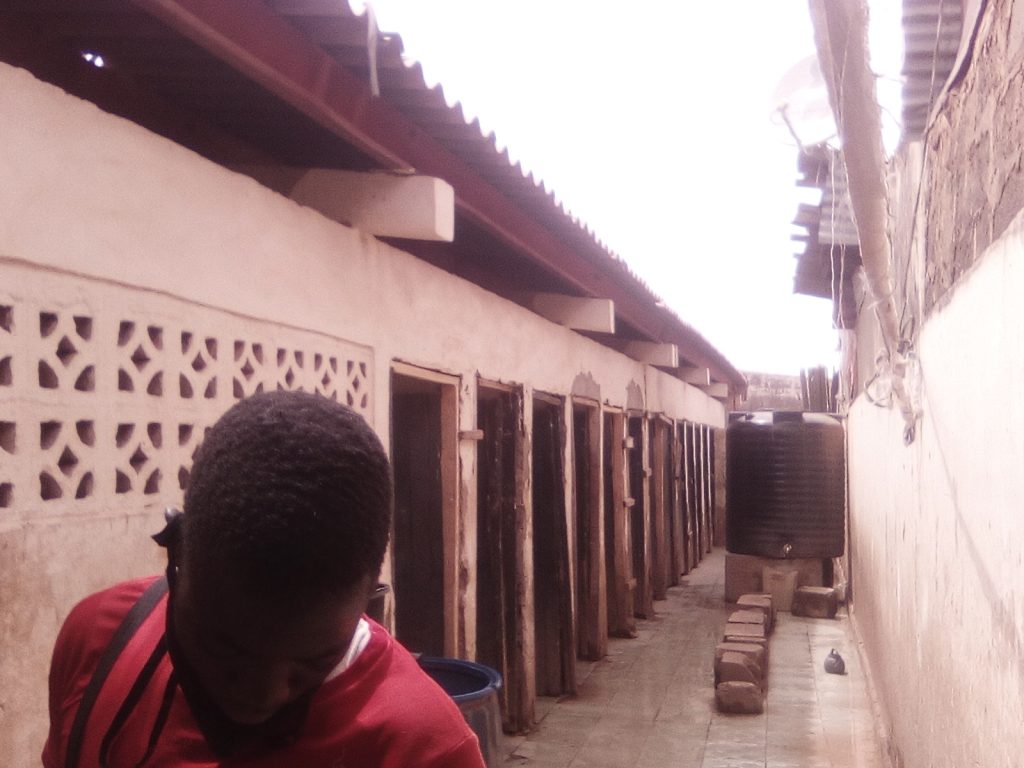In Sokoto’s vibrant markets, the importance of public toilets transcends mere convenience; it’s a cultural commitment to cleanliness.
Amidst the hustle and bustle of the markets, these facilities provide a breath of fresh air, turning waste management into a dignified affair.
In Sokoto’s vibrant markets, the importance of public toilets transcends mere convenience; it’s a cultural commitment to cleanliness. Amidst the hustle and bustle, these facilities provide a breath of fresh air, turning waste management into a dignified affair.
A trip to the public toilets by ASHENEWS at markets like Hajiya Halima, Center Market, and Modern Market uncovered concerning conditions.
Issues range from inadequate flushing and improper waste disposal to water wastage and cleanliness neglect are part of the concerning conditions.
Public toilets play a vital role for traders and customers in markets and transportation hubs and can be managed by either the government or operated privately.
However, addressing sanitation challenges requires more than just infrastructure development, particularly given the current state of existing infrastructure in these markets.
Mr Abdullah Mohammed who oversees the Haija Alima toilets, attributes challenges of poor sanitary conditions to customer behavior.
He explained that several customers proceed to flushing inappropriate items and misusing the facilities despite notices that teaches them how to use the toilets.
Mohammed said that the fees of the usage of the toilets have increased by 90 to 100 per cent due to rising costs, especially for water procurement due to high fuel prices.
“We usually charge N40 for excreting while peeing was N10 but now we charge N70 for excreting and N20 for peeing.
“We don’t have a borehole here so we buy water from a borehole close to us, the owner of the borehole told me that the price of fuel is high so he always uses gas on his generator to pump his borehole.
“The price of water has increased which is why we had to increase the fees we charge for the toilet usage”, he noted.
In Center Market, Mr Ibrahim Kulau stresses the multifunctionality of public toilets and advocates for free dispensers to promote hand hygiene.
He advocates for the use of dispensers to enable the customers wash their hands after using the toilets as they currently just wash their hands on the floor of the toilets after they use it or outside.
“Once our customers finish using the toilet some of them wash their hands outside because we don’t use tissue paper, we supply only water.
“This makes the toilets generate different odors especially with the large number of toilets we have. We have 14 toilets. “

Speaking on how they keep the toilet clean, he explains that they employ three boys who are paid daily to wash the toilets three times daily.
“The boys always remove any debris found in and around the toilets first, and then, they flush. Any attachments, such as urinal strainers, are put in a container to avoid infection.
“Then, they will wipe off minor stains using our multi-purpose cleaner.”
His team ensures cleanliness through regular maintenance, including debris removal and thorough cleaning.
Meanwhile, Mr. Dangali Bashir in Modern Market underscores the importance of proper sanitation of public toilets for public health.
He suggests improvements such as water-seal latrines and hands-free dispensers to enhance cleanliness and odor control.
“When I visited a public toilet on my way to Lagos, I found out that they have a wall fresher that makes the toilets air pleasing.
“But over here, we only buy our locally made fresher that can only last for 1 hour”, he said.
Ensuring access to clean and sanitary facilities is paramount for promoting healthy living and preventing environmental contamination.
Despite economic fluctuations, concerted efforts are needed to address sanitation challenges and enhance public health in Sokoto.
By addressing these issues, Sokoto can continue its journey towards a cleaner and healthier environment for all its residents and visitors.



